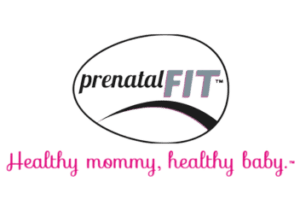FAQ
Exercising maintains or increases cardiovascular fitness. It improves your stamina and endurance, which are definite pluses during labor and delivery. One can also increase muscular strength. As pregnancy proceeds there is more of the Relaxin hormone present in the body. Relaxin loosens the joints so it is important to keep the muscles surrounding the joints strong to prevent injury. Strengthening the body also prepares women for the tasks of mothering, e.g. lifting the baby, car seat and even the ever present diaper bag. Muscular endurance also help to guarantee that a laboring woman uses the correct muscles with the right amount of force. Exercise improves balance and coordination, improves posture and improves support of the pelvic organs. Exercise can also help with the minor discomforts of pregnancy such as varicose veins, back pain, leg cramps, swelling and constipation. Pregnant women exercisers overall have been found to gain approximately seven pounds less than those who didn’t.
Fit women who continue to workout through their pregnancy tend to have shorter and less complicated births with a marked decrease of medical intervention.
Fit pregnant women have more energy and recover much faster after delivery. They also return to their pre-pregnancy weight sooner than non-exercisers.


